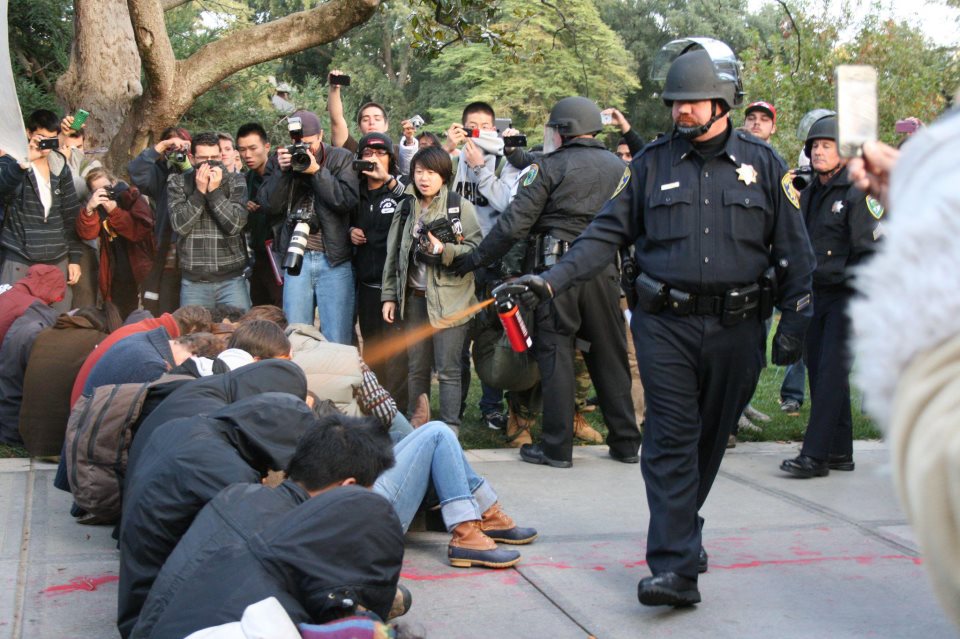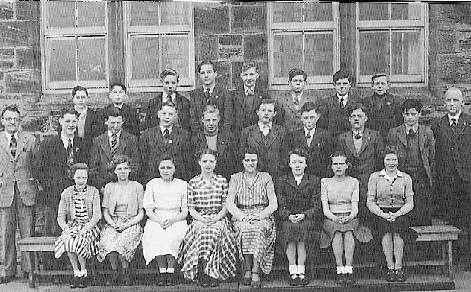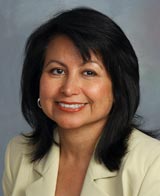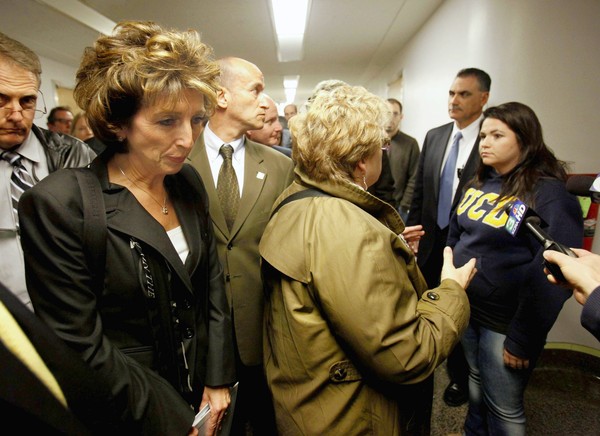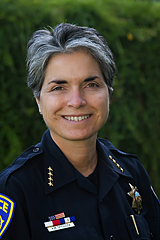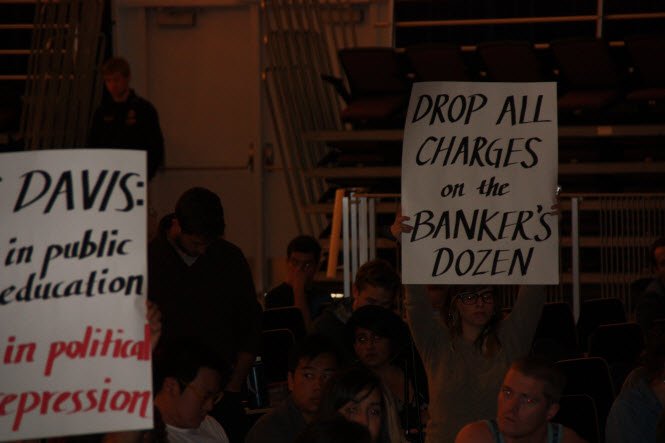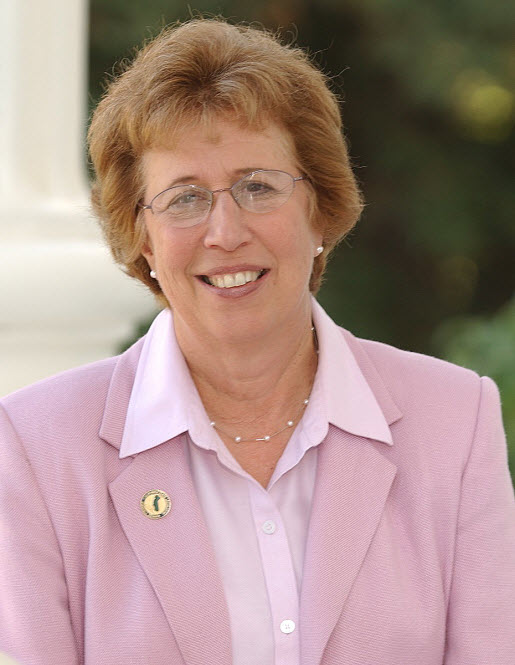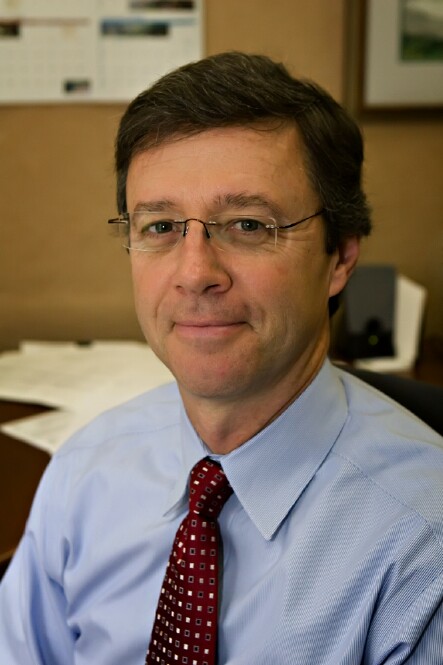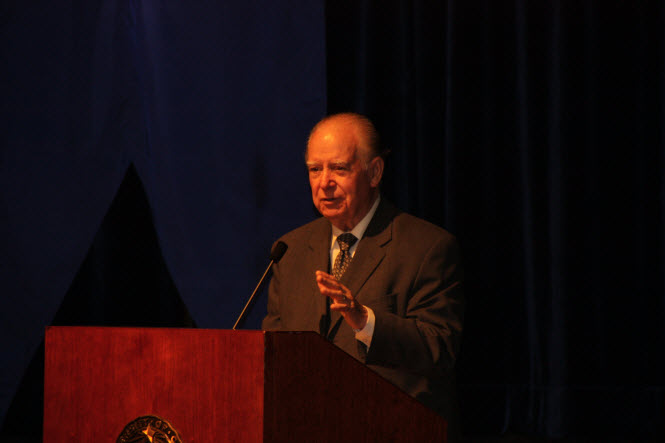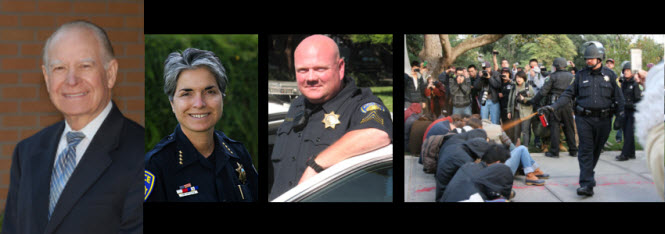Appointment of Carmichael to Chief For One Year Raises Questions
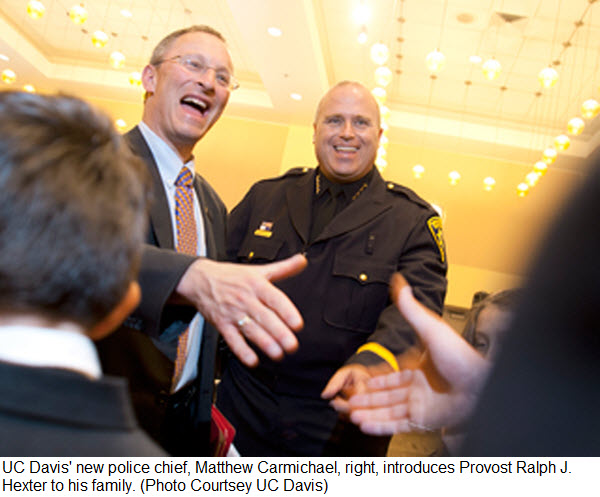 At one level, the hiring of Matthew Carmichael to be the Police Chief of the UC Davis Police Department seemed the obvious choice. He had already led the department since those fateful days following the November 18 pepper-spray incident, that led to the suspension of his predecessor and nationwide scrutiny on the department.
At one level, the hiring of Matthew Carmichael to be the Police Chief of the UC Davis Police Department seemed the obvious choice. He had already led the department since those fateful days following the November 18 pepper-spray incident, that led to the suspension of his predecessor and nationwide scrutiny on the department.
Supporters can point to his long record of service and training.


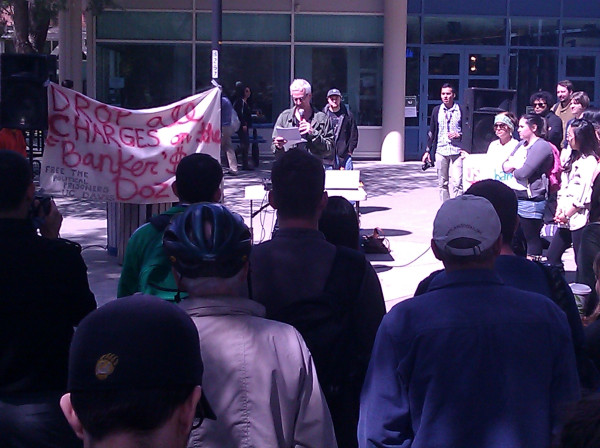 Thomas Matzat suffered nerve damage when he was one of 10 arrested for misdemeanors during the camp clearing operation back in November 2011. On Friday, he will be one of 12 arraigned on misdemeanor charges for his bank blocking actions and, reportedly, he will also be arraigned on felony vandalism charges.
Thomas Matzat suffered nerve damage when he was one of 10 arrested for misdemeanors during the camp clearing operation back in November 2011. On Friday, he will be one of 12 arraigned on misdemeanor charges for his bank blocking actions and, reportedly, he will also be arraigned on felony vandalism charges.
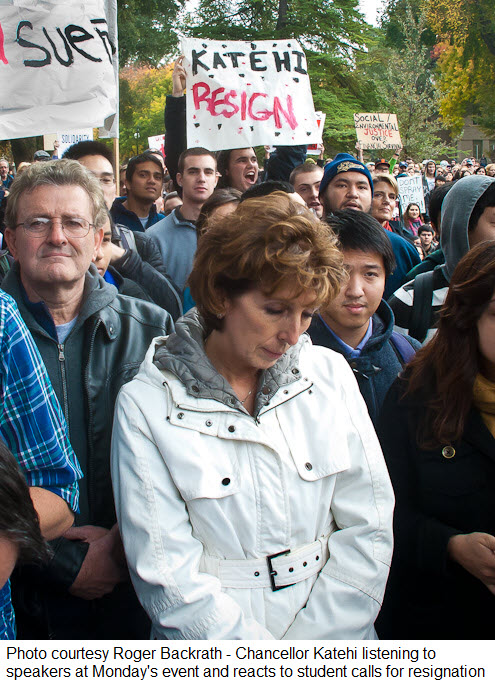 The Vanguard has not completed its person-by-person analysis just yet. On Tuesday, Chancellor Katehi made her first public comment on the release of the report.
The Vanguard has not completed its person-by-person analysis just yet. On Tuesday, Chancellor Katehi made her first public comment on the release of the report.
